10 November, 2008
Knowledge & Art
For my part I know nothing with any certainty, but the sight of the stars makes me dream. Vincent van Gogh
In our last post, we studied the trait of generosity, as exemplified by Vincent van Gogh. How do we make the transition from the world's best known self-taught artist, van Gogh, to the subject of knowledge? Is there a contradiction here? Isn't knowledge the stuff of formal education?
In order to be fair, we may have to ask if art training is necessary. Before we go too far in this, I have to say that I have never found it becoming when someone brags about their lack of letters. I prefer to speak of the merit of someone who excels in spite of their deficit in formal training.
One of my favorite creeds is: "Be, Know, Do". Art is a "doing" activity, and one "is" an artist. By contrast, knowledge is not art. Need an example of the limits of knowledge in art? A highly valued characteristic of good art is the quality of "looseness". Can one even teach "looseness"?
The ultimate "loose" artist, Mr. van Gogh, was as pitiful a student as ever darkened an art academy doorstep. He was dismissed from the Royal Art Academy in Antwerp, where he was disappointed in the pedantic character of the training. My feeling is that if the art environment (art school, for instance) values open marks, then the artist has that much greater chance of being loose.
"Now, if you can forgive someone for immersing himself in pictures, perhaps you will also grant that the love of books is as sacred as that of Rembrandt, indeed, I believe that the two complement each other." VVG
Knowledge and art appreciation fit together hand-in-glove. For me, it is true that the more I learn about art, artists and art impedimenta, the broader my love of it all becomes. I seem to appreciate more and different types of art, and at the same time, paradoxically, I feel that my critical faculties get sharper, too.
The long and short of it is that knowledge is essential to the growth of the artist. Didn't go to art school? Make it up with a lifetime of personal study. Go to museums and galleries. Look at as much notable art as your sore eyes will devour. Read about art, the lives of artists and study art history. Look online at the current world of art.
You say you did go to art school? You're not finished learning, either, Rembrandt. As every true student finds out, learning is a lifelong task that only begins with proper schooling. Thirst for knowledge is the hallmark of the learned.
Many times we have heard that it isn't what you know, it's who you know. I say, know thyself.
Next Post:
Self Understanding
Labels:
Artist Traits,
Van Gogh
Subscribe to:
Post Comments (Atom)
Abstract Expressionism, Art Criticism, Artists, Colorist Art, Drawing, History, Impressionism, Modern Art, Painting, Pastel, Post Impressionism


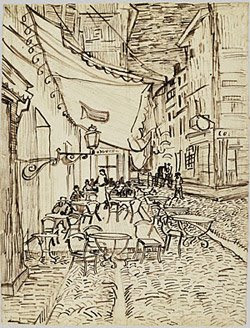
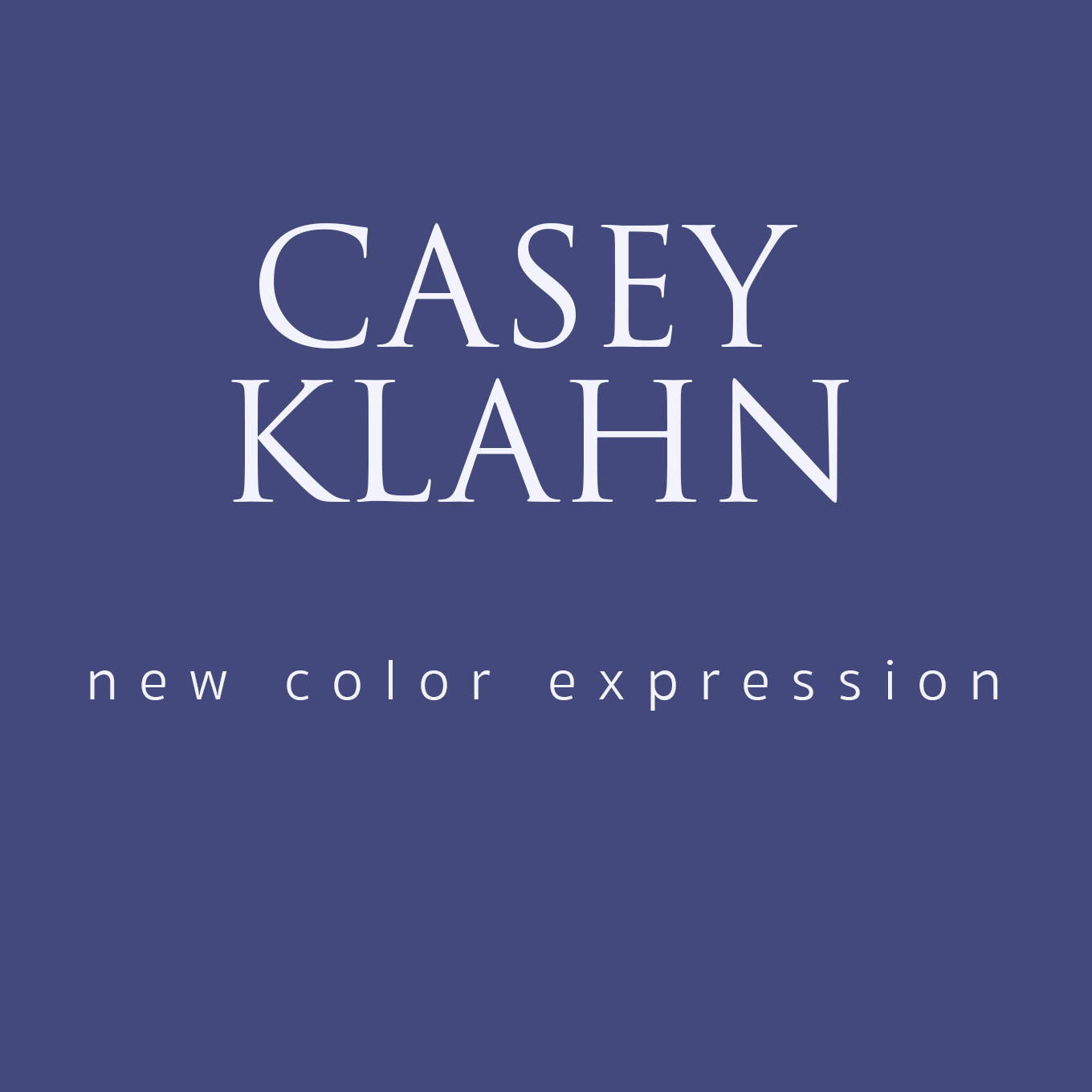
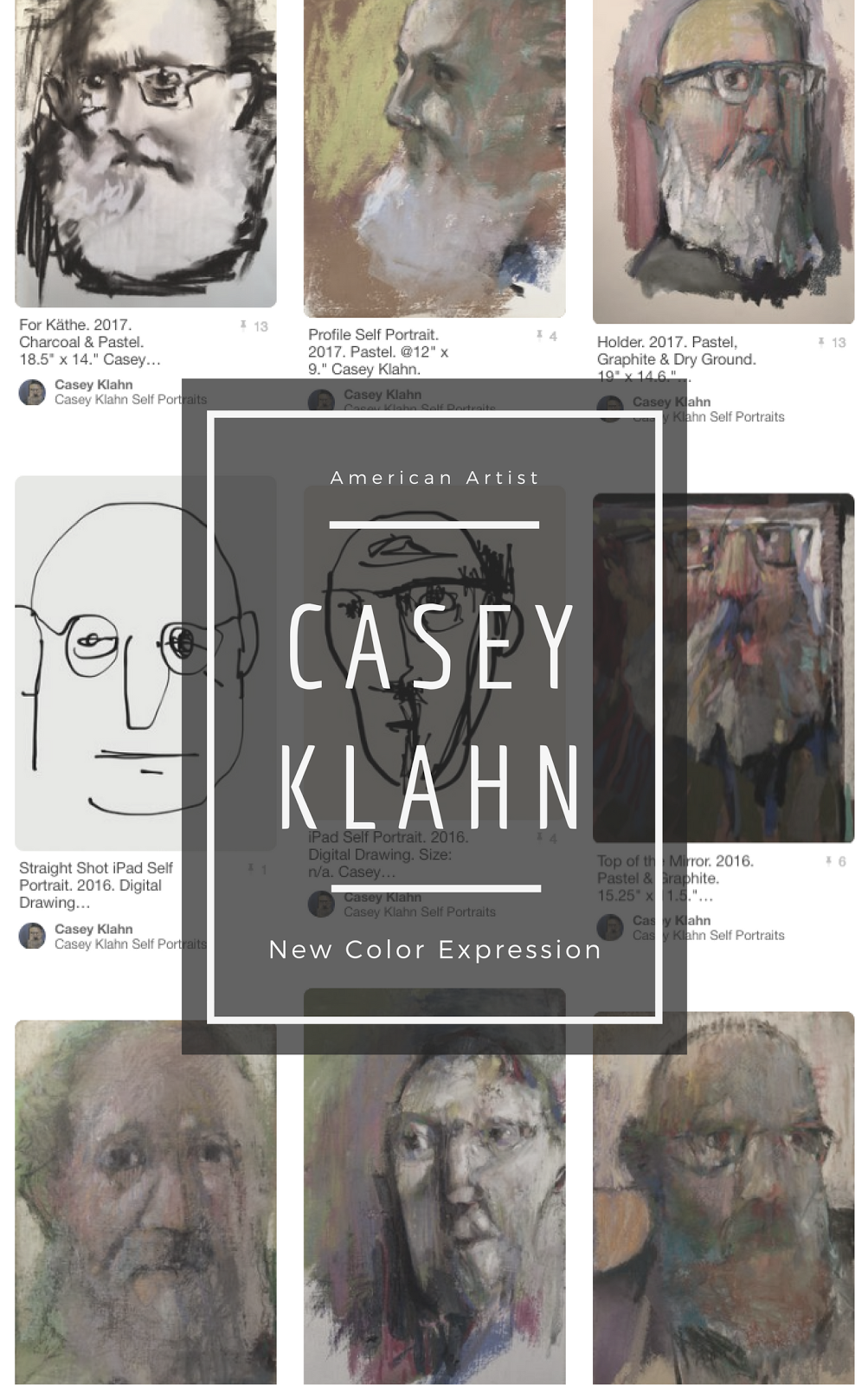








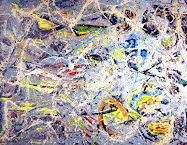
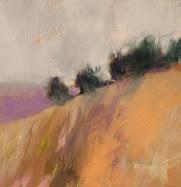
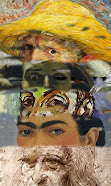






11 comments:
I was interested in your comments about the value (or otherwise) of going to art school. I'm a university lecturer - not an art lecturer, I'm very much a beginning artist. I lecture in sociology and psychology but actually what I teach doesn't matter. Often my students seem to expect me to fill their heads with a bunch of stuff they need to know, then test them to see if it "took", then that's the end of the process of getting a degree. But it's not like that at all. It's not my job to teach them what to think. It's my job to teach them how to think. When my job is done, theirs has just begun. On the day that they graduate they should be equipped (with any luck) to go out and find new information, to evaluate it and then to make up their own minds about it. The purpose of studying at university is not to get a scroll you can hang on the wall. I don't know where my own scroll is. It's not hanging on the wall, I may have lost it. It really doesn't matter at all because I still have the skills I learned at university, the skills of thinking, of evaluating information and turning data into knowledge. In fact since I graduated I have honed those skills still further. I hope my lecturers would be proud of me as I am proud of all the students who left my classes better thinkers than when they arrived, whether they graduated or not.
Is that something like what you were talking about?
Good to meet you, Melanie, and thank you for reading my blog.
This is a well stated comment about the continuation of learning after college. I feel this way exactly about my own liberal arts degree, and as a matter of fact I am just as proud of the courses and studies I have made since my college days.
Do I wish that I had formal art studies in my resume? Yes. Am I sorry that I don't have an art degree? No.
This is such a fantastic subject to get one's teeth into. Van Gogh was a fantastic student of art, in that he practiced, and looked, and evaluated what he'd done, and made changes and kept at it. He was dogged in his persuit of re-creating what he felt about his subjects. He also studied, receiving prints from his brother of Japanese scenes which were BIG at the time, and he had a collection of Dutch Masters which he constantly referred to. I have two postcadrs which I bought at the Van Gogh Museum in Amsterdam, both of which are drawings of an old man sat huddled in a chair. In these two studis it is evident Van Gogh was refining the composition and rendition of the posture, clothing, the hands, the chair. O I have no idea if these are the only two studies he did of this subject, or if there are smaller sketches somewhere. But I draw great reassurance from the similarities between his learning techniques and that which I myself adopt.
I myself had a mixed time at university. I think that I would have benfit returning as a mature student with more motivation. There were other distractions while I was there, aged 18 ti 21.
I look at my online colleagues as fellow students and mentors. I work in an isolated way due to my circumstances, but the internet and blogging has provided great support to me.
Formal education is just another path, and isn't the path which leads to the end. People get on this journey from different starting points, and take different routes. Dead ends, blind detours, fast-tracks. They exist in the art world as I suppose in all other worlds. I suppose if you don't like the road you're on, you can get off it and find another. I don't think I'd like a map, or too much advice, as I like the serendipity of it all. I just wish I had more time to follow these meandering roads.
Lots of good insights here, Casey. Although I have a BFA, most of what I feel is really important to my art making came long after. And oddly, the analytical, critical thinking skills I learned in law school have been just as valuable in my art career.
I suffered much in college, too, Steph. My grades revealed a troubled youth becoming a man.
Tellingly, I have gotten perfect to near perfect scores on corporate tests, Army tests and courses, professional training courses and the like. Go figure. I think maturity helps tremendously with learning.
But, I highly value those formative times at college, where learning to think was a hallmark. Now I work in a field that I didn't study in college, but I think that's the case for most people with a liberal arts education.
Deborah, I can only imagine how your advanced degree helped prepare you for today. I am always leaning back on my time in the climbing community, and my time in the Army as formative years equally as important as my student years.
Excellent thread Casey! (I was wondering what happened to you and then realized I should check out the colorist!) I have learned so much more over the years than I ever learned in college. I think the artist's "spirit" and development really comes down to feeding a deep curiosity about the places, people and ideas one encounters in the course of a lifetime. You really can't teach that in a lecture or book, in my opinion. (FYI - the Van Gogh nocturne exhibit at MOMA in New York is excellent if you get a chance to get there!)
Hey, Eden. Things are very tight around here, with an upcoming operation (my third in a sequence) and chronic pain being my problem.
So, I spend more time on regular daily activities and none in the studio, sadly. I hope to be better in a few months - as the recovery time on these operations has proven to be lengthy.
Anyway, I'll try to post something at pastelsblog, but it will be thin for a while.
I like your comments, Yellow. You can be a "student of art" without being a "proper art student" if you study art yourself, by looking, by reading, and by doing in an effort to improve. Of course the converse is true - you can be a "proper art student" but not make any effort to learn or improve. Going every day to a building called "college" is not what makes a student. Studying is what makes a student. Hey! I'm an art student after all!
Mel, are you an art student or an artist. It's just words after all, I suppose.
Casey, I hope you get well, and go easy on yourself. I'm so happy that you find time to maintain this blog, even if you can't pait at present.
I think because I'm making art, nit just reading about it, that I consider myself an artist, not an art student. Though I am constantly learning. I do know that I'm no art teacher.
So sorry to hear you're not well Casey -- Feel better soon! I like what you're doing with the colorist blog in the meantime and look forward to more pastels when you're up to it!
Hi Casey, hope you're feeling much better now.
Excellent thread you've got here and the comments were thought provoking. It all makes me feel more confident. Having not gone through an art school I oft feel incomplete.
Life's a continuous learning process and what matters most is what lies inside and not what a piece of paper says.
Post a Comment